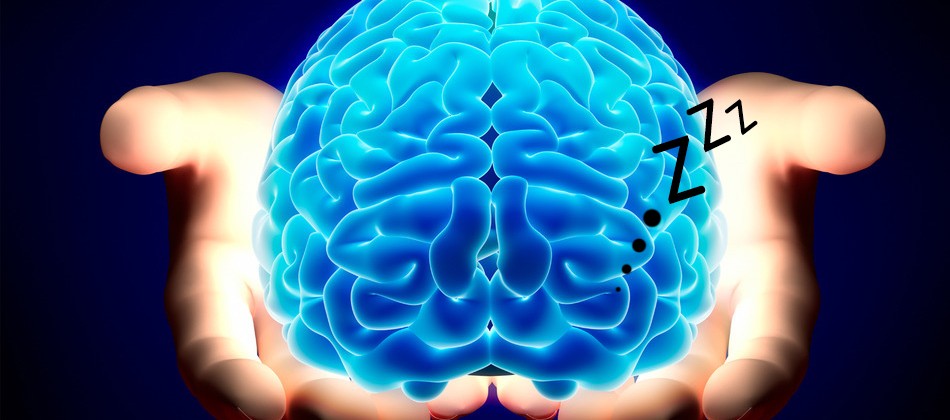I am excited to share some facinating and helpful information on sleep from the book Why We Sleep: Unlocking the Power of Sleep and Dreams by Matthew Walker, Ph.D.* Stay tuned for more health topics related to getting our zzz’s. Today I am sharing information on Sleep and Alzheimer’s Risk.
Statistics
One in ten people over the age of 65 suffer from Alzheimer’s today. In 1942, 8% of people in the U.S. got six or less hours of sleep nightly. Today, that number is 25%.
It’s no wonder the CDC has declared sleep as a public health epidemic. According to Walker and numerous sleep studies, we require more than seven hours of sleep to maintain cognitive performance.
Association of Sleep Quality and Alzheimer’s
Researchers have observed that poor sleep quality, especially deep NREM sleep, precedes a diagnosis of Alzheimer’s by a few years. This is extremely unfortunate since deep NREM sleep is the very sleep one needs to cleanse toxins from the brain. This cleansing process occurs in the brain through the glymphatic system (similar to the lymphatic system for the body).
Alzheimer’s disease, as many already know, is associated with a buildup of beta-amyloid or plagues in the brain. These plaques are toxic to neurons killing brain cells which often is associated with memory loss and dementia.
Turns out this plaque specifically shows up in the same area of the brain where deep NREM sleep functions. The more plaque we have, the harder it is to get essential deep sleep. Yet deep sleep is the very thing necessary to cleanse these toxic plaques. It is a viscious cycle.
Regardless of deep NREM’s potential association with Alzheimer’s Disease, studies are clear that getting proper deep sleep is essential to your well-being.
Sleep Optimization Solutions
Author and professor, Matthew Walker, PHD, is the first to admit that we need solutions to improve deep NREM sleep in older individuals to combat this dibilitating disease. Until then, here are some tips to improve your sleep:
- Avoid caffeine, alcohol and nicotine esp. late afternoon and evening hours
- Consider dim lighting during evening hours
- Avoid blue light from electronic devices. Utilize blue light blocking glasses and twilight settings
- Keep your bedroom cool during sleep (65 degrees F optimal)
- Aim for complete darkness when sleeping (blackout curtains work well)
- Establish a regular bedtime and waketime for regulating your circadian rhythm and get exposure to sunlight first thing in morning
- Avoid napping after 3pm
- Exercise daily preferably at a set time (morning light outdoors is ideal)
- Consider a wind-down routine before bedtime to train your brain that sleep is coming
- A hot bath can help with drowsiness before bed
- Avoid being too hungry or too full at bedtime and minimize sugar (stop eating 3 hours prior sleep)
- Don’t lie in bed awake more than 20 minutes
- Consider medications that may be affecting your sleep and talk to your doctor
- If you feel you suffer from insomnia or another sleep disorder, consider visiting the National Sleep Foundation website for sleep centers. You can also find a sleep medicine doctor in your area (little sleep training is given to general medicine doctors).
- Cognitive Behavioral Therapy (CBT) has shown great results for optimizing sleep rhythms (work with a practitioner)
Resource
Why We Sleep: Unlocking the Power of Sleep and Dreams by Matthew Walker, Ph.D.*
*Matthew Walker is a professor of Neuroscience and Psychology at UC Berkeley, the Director of its Sleep and Neuroimaging Lab, and a former Professor of Psychiatry at Harvard University. He has published over 100 scientific studies and has appeared on 60 Minutes, Nova, BBC News, and NPR’s Science Friday.
About Linda

Health educator, author, and speaker, Linda Curry, facilitates, “Attaining health one bite at a time,” through simplifying health and growth strategies with wisdom, compassion, acceptance and practicality. Linda offers customized health consultations, cooking instruction and coaching as one-size does not fit all. Check out her Youtube Channel for recipes or her 13-week Get-Healthy Makeover Series.

